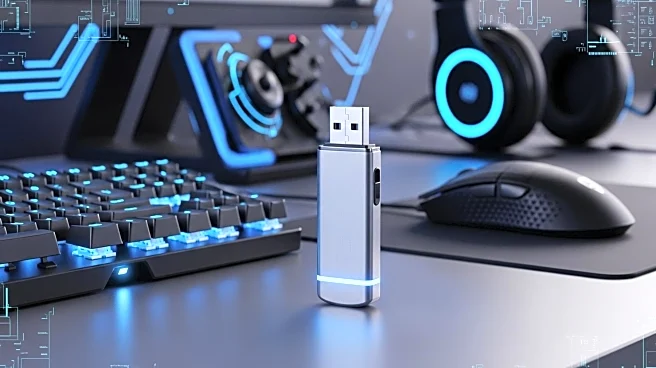What is the story about?
What's Happening?
A hardware writer faced significant technical challenges during a trip to Gamescom in Cologne due to issues with Linux operating systems on his laptop. Despite initial success with Linux, the writer encountered problems such as non-functional trackpad and Wi-Fi card detection failures, which rendered the laptop unusable. These issues arose after a successful first day of use, leading to a critical situation where the writer was unable to report on new products at the expo. The situation was resolved when a colleague provided a Windows USB, allowing the writer to reinstall Windows and continue his work.
Why It's Important?
This incident highlights the potential risks and challenges associated with using Linux for professional purposes, especially in high-stakes environments like international expos. While Linux offers customization and control, it may not always provide the reliability needed for critical tasks, particularly for users who are not deeply familiar with troubleshooting Linux-specific issues. The writer's experience underscores the importance of choosing an operating system that aligns with the user's technical expertise and the demands of their work environment.
What's Next?
The writer plans to continue using Windows for professional tasks to ensure reliability and ease of use. However, he expresses interest in further exploring Linux as a side project to enhance his proficiency and potentially mitigate similar issues in the future. This experience may influence other professionals to weigh the benefits and drawbacks of Linux versus Windows, particularly in scenarios where technical reliability is paramount.
Beyond the Headlines
The broader implications of this story touch on the ongoing debate between open-source and proprietary software. While Linux offers freedom and flexibility, it requires a level of technical expertise that may not be feasible for all users, especially in professional settings. This incident may prompt discussions about the accessibility and user-friendliness of Linux distributions, potentially influencing future developments in the open-source community.















